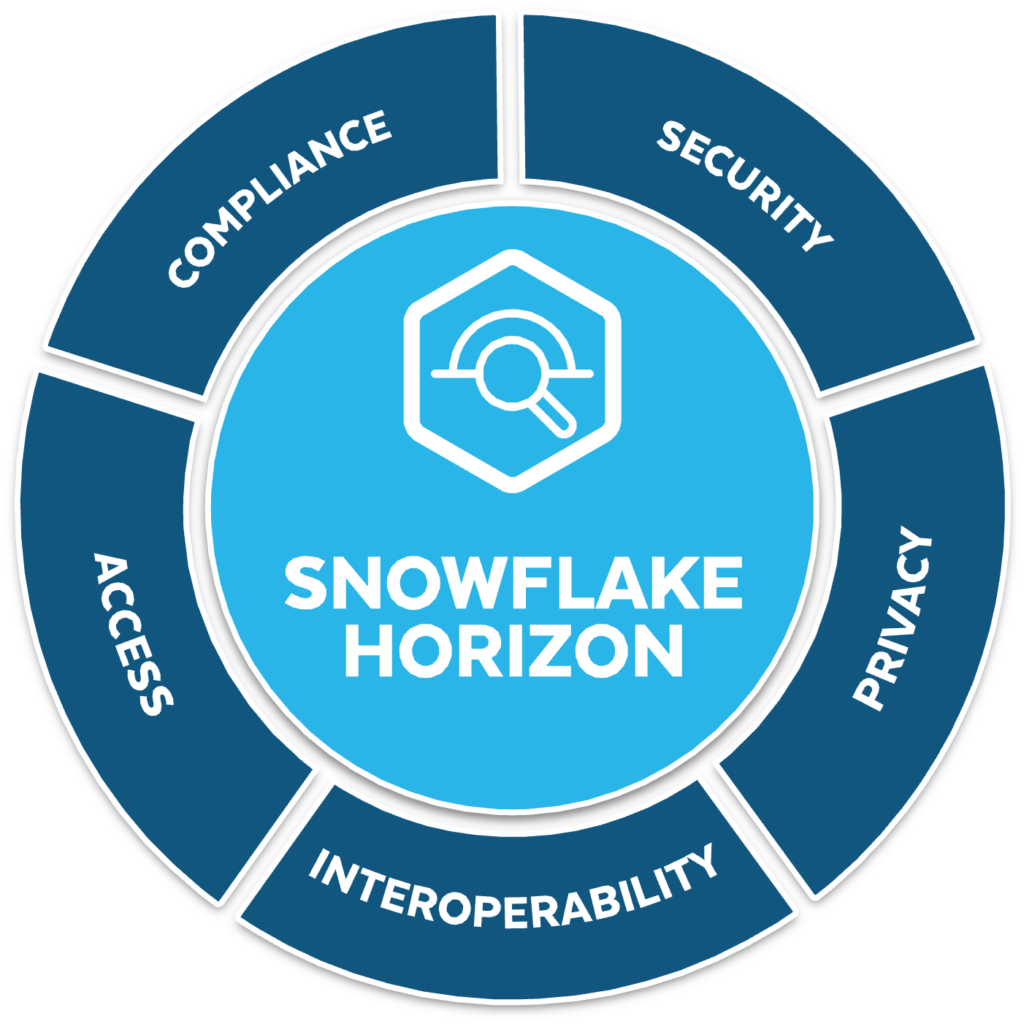Electronic data protection platforms have never been this important. As the world evolves and learns every day, the demand to keep information secure continues to grow.
This article will explore the following information in detail:
What is Data Security?
Data security is the process of protecting electronic data from unauthorized disclosure, alteration, or loss. It is also known as information security. Aspects of information security covered include data centers and hardware device security, management and resource control systems, and the conceptual security of software solutions. There are also guidelines and processes of the company included.
Read more about data security in our dedicated data security guide.
What is a Data Security Platform?
Generally, a data security platform is a form of data protection technology that attempts to bring various security solutions that are typically scattered into a unified solution.
The vast majority of Data Security Platforms will offer functionality for identifying and protecting data on-premises and premises in the cloud. The most commonly used data security platform features include:
- Data discovery and classification
- Rights and protections analytics
- Viewer pattern analysis
- Audit trails
- Data access management
- Environmental change auditing
A single interface provides all this capability, which helps avoid the difficulties that might develop when adopting and administering various security technologies across a large and complicated system.
Data Security Strategies
A comprehensive data security policy considers people, operations, and systems, among other things. Organizational culture and using the correct tools are essential considerations in establishing practical guidelines and policies. Putting information security first across the board means prioritizing it across the entire organization.
Employee Training and Development
Learning about the need for basic security standards and account management and how to spot social engineering attempts can transform the staff into human firewalls that can play a crucial part in protecting a company’s information and sensitive data.
Servers and User Devices Security
If the data is kept on-premises, premises in the cloud, in a data center, or the cloud platform, administrators must verify that the premises get protected against attackers and data breaches and that proper fire mitigation and environmental control systems are in place to secure the data.
Controls and Management of Access
You should apply the standard user access idea across the entire information technology platform. In practice, this means restricting access to data (databases, data warehouses, data lake – and within those to the data required by the user), networks, and executive accounts to only certain persons as necessary and only to those who would be required to execute their duties.
Monitoring and Controlling Network and Endpoint Protection
A complete set of cybersecurity measures, identification, and resolution tools and solutions across the on-premises domain and premises in the cloud platforms can help minimize risks and lower the likelihood of data breaches.
Backups
One must protect sensitive data. Backup copies of all sensitive data that are usable and thoroughly tested are essential components of any effective security policy. Furthermore, you must control all backups to the same hardware and software security constraints that are in place for access to the platform and critical systems.
Cloud-Based Data Security Platforms
Cloud data security consists of a collection of rules, regulations, processes, and technologies that are made to operate together to secure cloud-based systems, information, and infrastructure against unauthorized access and use.
These security protocols are structured to safeguard cloud data, ensure data security and compliance requirements, and preserve customers’ privacy, in addition to establishing authentication criteria for specific users and devices, among other things.
It is possible to tailor cloud security to meet the specific requirements, from verifying access to controlling traffic.
Benefits of Cloud-Based Data Security Platforms
Cybersecurity attacks and data breaches are continually growing and becoming more advanced, and the public cloud environments are no less vulnerable to these risks than an on-premises system is. Below are some of the benefits of implementing a cloud-based data security platform.
Reliability
Cloud computing services provide the highest level of reliability possible. Users can securely obtain information and access apps stored in the cloud if the proper cloud security features are in place.
Scaled Back Administration
It is possible to say farewell to manual security setups and practically continual security upgrades when working with a professional cloud environments service or cloud security platform solution. These duties can be time-consuming and resource-intensive, but moving them to the cloud consolidates all security management into a single location that is fully maintained.
Security Controlled from a Centralized Location
Cloud security, like cloud computing, centralizes defense. Cloud-based corporate networks consist of many devices and destinations, challenging to administer in a centralized location.
It is easier to manage these entities from a central location, improving traffic analysis and network monitoring while streamlining network activities’ information reducing software and policy modifications.
When disaster recovery plans get controlled in a centralized location, they are planned and primed for optimized success.
Minimized Costs
Many firms have discovered that merely raising their defense budget allocation or the number of security technologies they purchase will improve information security. This idea is not valid in this instance.
Employing storage and security services in cloud environments has the advantage of eliminating the need to purchase and maintain discrete physical infrastructure. Not only would this save expense, but it also cuts operational costs, which are both beneficial.
In the past, IT staff had to handle security concerns reactively; cloud security provides proactive security protocols that provide safety around the clock with hardly any human involvement.
Conclusion
As data increases, more and more businesses recognize the numerous commercial advantages of migrating their operations to the cloud with each passing day. This opportunity makes data protection platforms essential.
Cloud computing enables firms to operate at a large capacity, decrease technological expenses, and deploy flexible systems, all of which help them gain a competitive advantage over their competitors. Nevertheless, businesses must have total trust in their cloud computing infrastructure.
After all, to protect sensitive data is to protect the company.
Data Security with Satori
Satori, The DataSecOps platform, gives companies the ability to enforce security policies from a single location, across all databases, data warehouses and data lakes. Such security policies can be data masking, data localization, row-level security and more.
Learn more:




